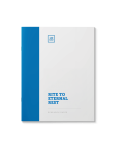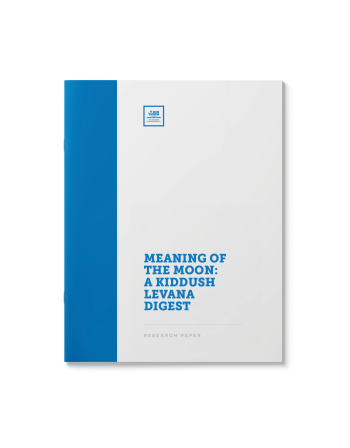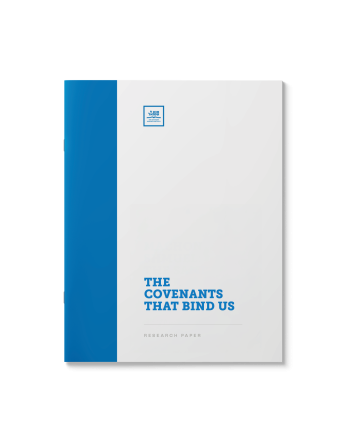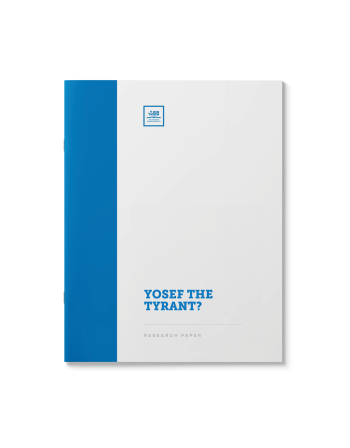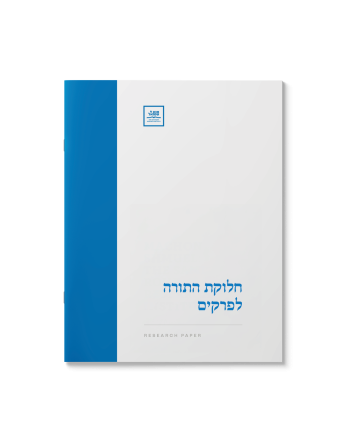Did Lot Pray to the Angels?
$39.00
The Biblical account of the destruction of Sedom raises many
questions. Amongst them: Why does the Torah imply that the angels defied G-d’s wishes by acting independently? Did Lot in fact direct his prayers to the angels? Was
his defense of the inhabitants of Tzoar that much better than Avraham’s
arguments to spare Sedom?
| Language | English |
|---|---|
| Paper Type | Research Paper |
| Pages | 7 |
Related Products
The circumstances surrounding the birth of King David remain obscure. Legend has it that Nitzeves endured great personal sacrifice in mothering the Sweet Singer of Israel. How is this chapter in King David’s life understood through the lenses of Torah scholarship?
The Torah’s account of the feud of Korach raises many questions. By saying, “I shall consume them in an instant” G-d seems to appear vengeful. Why was it necessary to demonstrate such staggering might? Why was it specifically the Ketores that was used to stem the spread of the plague after the demise of Korach?
Moshe’s name is perhaps the most recognized name in all of Judaism, the name of arguably the greatest Jewish leader of all time – and a name that was given to him by an Egyptian Princess. Why did the Torah choose his Egyptian name as the name to be remembered for posterity? Why wasn’t his Jewish name recorded? And what was his Jewish name?
Formulated as a series of answers, rebuttals and rejoinders, the information in this document will be invaluable to you when studying this important subject. Why did G-d instruct Moshe to take the Staff? If he was not to strike the rock, why did it issue forth water? How could Moshe defy G-d’s explicit instructions?
How could a father be so willing to kill his son? Did Avraham fail to ask for divine mercy for Yitschak? And why is Avraham, not Yitschak, the celebrated hero of Akeidat Yitschak?
In 1903 professor Simon Newcomb argued that human flight was a “mathematical impossibility,” but that same year, the Wright Brothers successfully launched the first powered airplane.
Having your travel route shortened and arriving at your destination almost momentarily is known in Biblical terms as Kefitzas Ha-derech. It may be “naturally impossible,” but miracles do happen! From Avraham to the Baal Shem Tov, some of our greatest heroes experienced this firsthand.
Read this paper to explore this fantastic feat, its history and halachic ramifications. Have a safe trip!
(67 pages)
Submitted by a Shliach in Florida
There are many covenants between G-d and the Jewish people described in the Torah, such as the covenants with Avraham, before Matan Torah, before entering Eretz Israel, as well as many others. What is the significance of each covenant according to the traditional and mystical meanings?
Handling economic depressions is one of the duties of modern government. Yet when the Egyptians begged for food during the famine, Yosef enslaved them as payment. Wasn’t it his responsibility to provide food? Why did the Egyptians beg for food instead of demanding their due right?
Why
is Yosef referred to as HaTzadik? Didn’t he slander his brothers? A
new look at the saga of sibling rivalry and forgiveness.
If Avraham was specifically
instructed to refrain from marrying a maidservant, how was he permitted to
marry Hagar? How could Avraham marry Hagar if Jews may not marry a first or second-generation
Egyptian convert? Was Hagar betrothed through a form of kiddushin or was
she considered a concubine? Was the marriage of Avraham and Hagar divinely
ordained?
The
census figures recorded in the Torah seem too perfect to be true. Each of the
tribes reported a population that was a convenient multiple of 5, 10 or 100.
Were these numbers rounded out?
The Bible seems to be littered with tales of
the misdeeds of the righteous. Is it naïve to ignore these stories? Do we need
to reconsider our role models? How can we interpret these stories truthfully but
in a way that confirms the holiness of our heroes?


